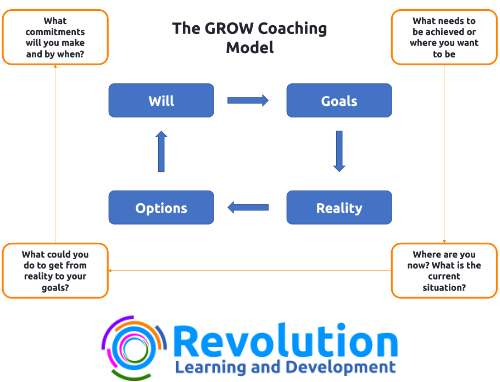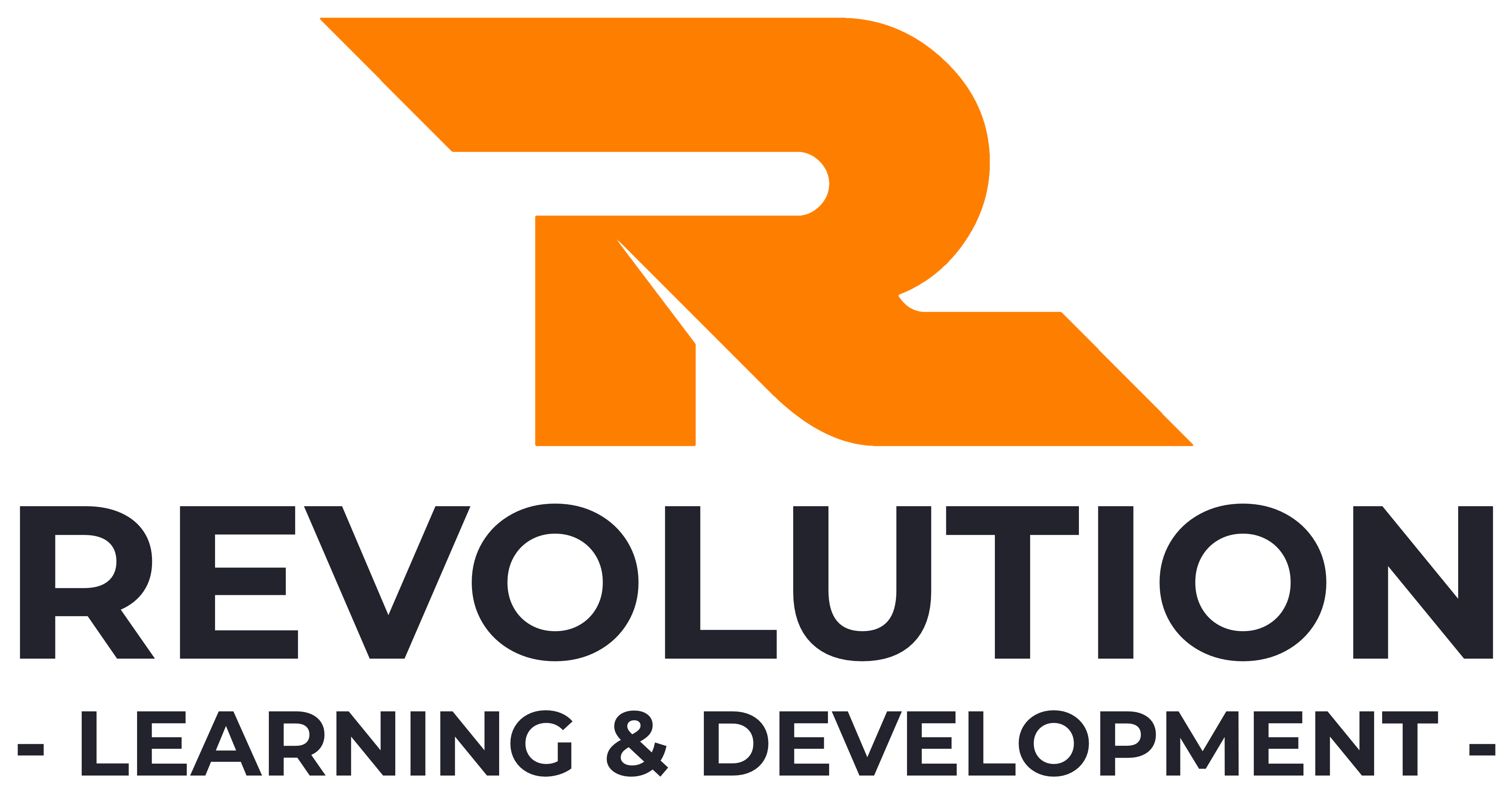[toc]
A Question About Coaching
Does coaching really work? It’s a question I get asked all of the time by my clients. I can see why they ask as I read many publications that talk about coaching and they all offer differing opinions. So say coaching definitely works whereas others say don’t waste your time and money. So, does it really work? Will it make a difference to the way you work and the way your team members work, behave and operate.
I’ve been coaching people now for a number of years and we also run a course on coaching skills. This article isn’t simply me having my two pennyworth, but more looking at both sides of the argument and me using some of my experiences to demonstrate that if Coaching is used correctly it can be extremely effective.
Introduction to Coaching
My first introduction to coaching was hearing a story about John Whitmore Coaching the famous tennis play Bjorn Bjork. It made me wonder how effective the approach John used to help Bjorn win tennis matches really worked. The story clearly says that John had little or no understanding of Tennis, so how could he teach someone to play the game? This really got me, I really didn’t get it.
Maybe was me maybe being a little naïve toward what Coaching actually was. Maybe it was tarnished by my vision of a Football Coach stood on the sidelines barking orders at their squad, telling the team how they will be expected to play, what positions they will play in, how they should approach the opposition and who will play and when. If this is what a coach is, how could John Whitmore help someone to play Tennis if he had little or no understanding of the sport himself.
It took me a while to understand how the story I heard described coaching, eventually, I had a light bulb moment and it finally clicked.
I guess I’m one of those people who really doesn’t like being told what to do. I don’t like people telling me how to run my life, my business, what I should or should not do. I listen to the advice that I’m given, but I decide what I should take on board and use.
I used to have a boss who was a real control freak. Everything had to be done their way. They were not open to feedback, it was always ‘This is the way we are doing it, I’m in charge and you will do as you’re told’. A very autocratic manager, and although I didn’t like their approach, I just got on with it otherwise I wouldn’t be getting my salary at the end of the week. When I look back on this, I remember that I was very demotivated. It very much used to go in one ear and out of the other. I seem to remember carrying out the instructions I was given, but going back to the way I used to do it – much to the fury of my manager, who would tell me how to do it again.
Needless to say, I wasn’t there for too long. I guess I was expecting my next boss to be the same as my old one; however, I was in for a bit of a surprise. Although I wasn’t aware at the time why they were different and why I performed a lot better, looking back I really see now what they were doing and why I responded.
See, in the story about Tennis, John asked Bjorn many questions to understand where he was now and where he wanted to be. Bjorn had a clear idea of what he wanted to achieve but didn’t know how to get there. This was the real surprise for me as actually, Bjorn did know how to get there, he just didn’t know that he knew. It was simply John’s job to help Bjorn to see that he did know how to get there and not to tell him what he needed to do.
Learning About Coaching
As I began to learn about Coaching myself, I realised that this is what coaching was all about; a total contradiction to what my original opinion of coaching actually was. I now understood that Coaching was about helping someone to realise their own potential by helping them first to understand their areas for development.
See, Coaching is not about telling someone what they need to do to improve but helping them to understand for themselves, using the knowledge that they have, what they can change in order to get better. This is exactly what John did with Bjorn, and what my new manager did with me.
A Great Analogy for Coaching
I caught an old episode of the Channel 4 show Help My House is Falling down the other day. It struck me as a great analogy for why coaching works.
If you haven’t seen it before, each episode follows a family who has fallen in love with an old house. Soon after they move in they begin to realise that it isn’t as perfect as they thought, mainly because there are huge cracks appearing in the walls.
The families do their best to fix the crack by filling them or plastering and wallpapering over them. They think it’s fantastic when the crack disappears from view, then quickly become distraught when the crack begins to re-appear.
They then call in Sarah Beeny. Sarah turns up with a structural engineer who takes a good look at the foundations of the house, the roof, the walls, the land the house inbuilt on. They are trying to find is what is causing the crack in the first place – the root cause.
Once they find this, Sarah helps the families by providing a number of different options to fix the root of the problem. Once fixed, the crack is plastered over and doesn’t return.
If coaching is done effectively, this is exactly what it should do. If we just tell people what they should be doing, how they should be doing it, when they should be doing it or even how they should change, you probably get to see a very short-lived change in their behaviour. They go right back to what they were doing before. Just like plastering over the crack.
To see a longer-term change in behaviour we should try to establish or help them to understand what is causing the initial problem. For example, if someone is under-performing and looks very demotivated, telling them to cheer up, pull their socks up, get their finger out (or whatever your choice of words) and start hitting their targets won’t necessarily fix the problem.
Instead, take some time to find out what the problem is. What are they demotivated? It could well be something outside of work, a problem in work, who knows. Well, actually, there is only one person on the planet that knows and that’s them!
Help them find the root cause. Help them to understand how the issue is affecting them and help them to choose the right way to fix it.
Does Coaching Really Work?
So, back to the original question, does coaching really work?
Based on my experiences it does; however if coaching isn’t carried out effectively that it can have an adverse effect. Here are some things to remember when coaching:
- It’s important that the person you are coaching has some knowledge of the subject you intend to coach them on. Coaching is all about questions, it’s the person telling you about what they know and what they can do differently. If they don’t have the knowledge then they may feel a little silly and can have the adverse effect.
- Use a structure to help you coach effectively. There are a number of them out there, but pick a simple one such as GROW.
- In terms of the conversation, you should only do 20% of the talking. Your 20% needs to be questions, questions, questions.
- Always ensure that you set goals or objectives at the beginning of the session. This ensures you both know exactly what you are aiming for.
- Always ensure your session ends in actions; however, always ensure where possible that the actions that are agreed are for the coachee to carry out and not you. This ensures that the ownership stays with the person you are coaching.
In the points above I mentioned that goals should always be set. Well, my next point may appear to contradict this. A good coach should be able to coach someone without them knowing that you are coaching them.
Setting Goals
So you ask then, how do you set a goal?
Easy, by using the structure I mentioned earlier – the GROW Coaching Model.

- Goal – What it is you want to achieve or where you want to be?
- Reality – Where are you now or what does the current situation look like?
- Options – What will you do to get from reality to your goal?
- Will – How committed are you to changing
By simply having a conversation using this structure, it should be easy to establish the goal or objective.
You can read more about the GROW Coaching Model by reading The Grow Coaching Model article on skilliki.com.
In conclusion, coaching does work if used correctly. Please don’t think that you will ever become an effective coach. I’ve been coaching for around 10 years and think I still have a lot to learn. In fact, coaching is one of those skills that you are constantly learning. Every coaching session will throw up new questions and new experiences – you’ll always be learning.
Coaching does take more time than an autocratic approach; however, the longer-term results when coaching is used are much more visible.
Coaching Skills Training Courses
If you would like to find out more about coaching as the answer to the question does coaching really work, then take a look at our coaching skills training course.




